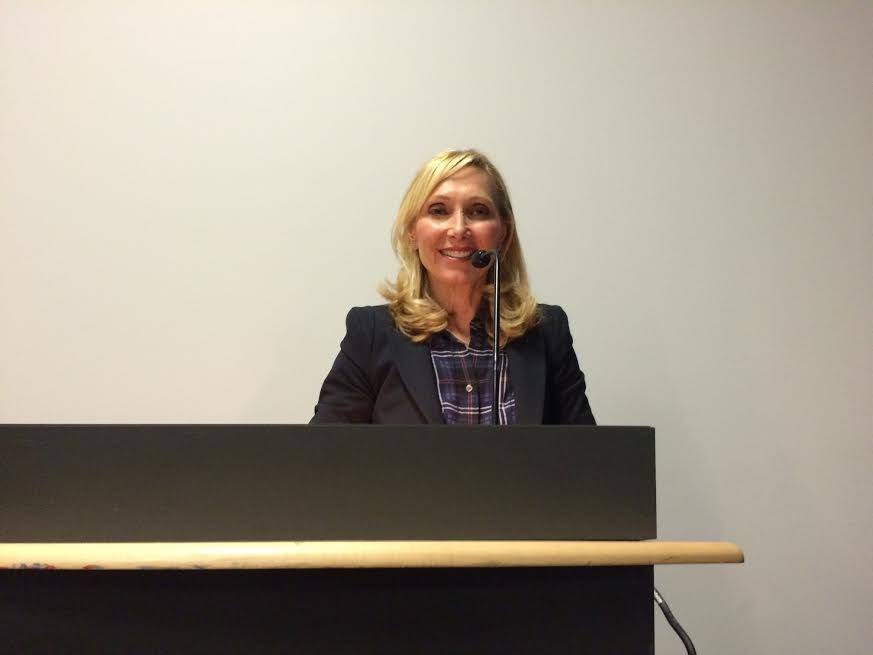
MONTREAL – A foundation that educates young people about genocide says it is partnering with the Quebec government to offer high school teachers a guide on how to sensitize students to the warning signs leading to the systematic destruction of a group of people.
Beginning this fall, a selection of high schools across Quebec will be offered the universal teaching guide on genocide as part of a pilot project, said Heidi Berger, head of The Foundation for Genocide Education. The goal is to have the guidebook in every public and private high school across the province by 2020, she said in an interview Friday.
“The guide is going to give educators all the resources they need to be able to teach this sensitive topic with knowledge and confidence,” Berger said. As a daughter of Holocaust survivors who lived through the Second World War in a Polish ghetto, Berger said she learned early about the horrors of genocide.
“My mother witnessed many cruel and violent acts,” she said. “Her brother and father taken away; the rape and murder of her best friend; the machine-gunning of her mother as she was hiding in an attic.”
Berger worries young people aren’t being sufficiently exposed to the history of the Holocaust and of the genocides since then. If students are ignorant of history, she says, they won’t fully understand where hate and intolerance can lead.
And she has some numbers to back up her concerns. A September 2018 survey that polled 1,100 Canadians, conducted by New York City-based Schoen Consulting, indicated 22 per cent of respondents between 18 and 34 years old were unaware or unsure if they heard of the Holocaust.
The guide is composed of a series of case studies that explain the major genocides of the 20th century, including the horrors that took place in Germany and Poland, Armenia, and Rwanda.
“The importance is that the students develop critical thinking so they understand intolerance and hate,” said Berger.
She said the Quebec Education Department will decide how many schools will participate in the pilot project. A spokesperson for the department did not return a request for interview. Berger says her foundation and the Education Department are aiming to have the guides in every secondary school by next year.
Kyle Matthews, executive director of the Montreal Institute for Genocide and Human Rights Studies at Concordia University, was alongside Berger in meetings with the education minister to develop the guide.
Most Holocaust survivors are elderly and every year there are fewer alive who can visit schools to talk about their experiences, Matthews said. He added that Quebec’s high school curriculum doesn’t included detailed lessons on genocide.
“With the rise of the far-right and the far-left and terrorism around the world … we are in a very difficult moment and we need to learn the lessons about what happens when hate goes out of control,” he said.
The lessons are all around us, Matthews said, pointing to ISIS recently attempting to destroy the Yazidis in Syria, the Rohingya being persecuted in Myanmar and China imprisoning up to one million Muslim Uighurs.
Moreover, Canada has had a “really high” number of citizens who have travelled to Iraq and Syria to fight for ISIS, he added. A 2018 report on terrorism by Public Safety Canada indicated there were roughly 190 “Canadian extremist travellers” in the region and about 60 have returned home.
“We have our own citizens who have travelled abroad and helped a group commit genocide,” Matthews said. “That’s not in the past – that’s the present.”